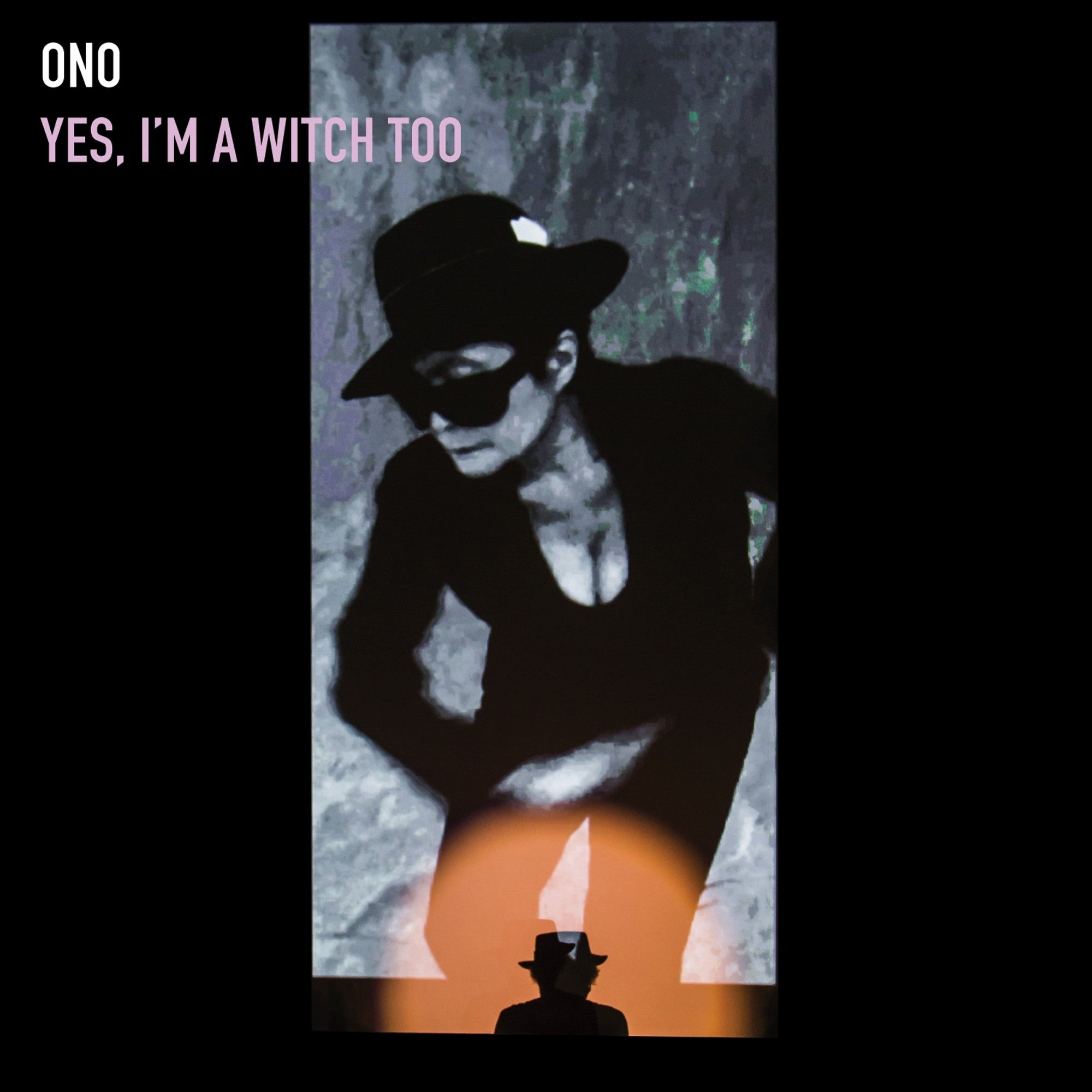Yoko Ono Yes, I’m a Witch Too: 'Much more than just the woman who (didn’t) split up The Beatles', album review
Download: Mrs Lennon; Give Me Something; Move On Fast; Yes, I’m Your Angel; Hell in Paradise

Your support helps us to tell the story
From reproductive rights to climate change to Big Tech, The Independent is on the ground when the story is developing. Whether it's investigating the financials of Elon Musk's pro-Trump PAC or producing our latest documentary, 'The A Word', which shines a light on the American women fighting for reproductive rights, we know how important it is to parse out the facts from the messaging.
At such a critical moment in US history, we need reporters on the ground. Your donation allows us to keep sending journalists to speak to both sides of the story.
The Independent is trusted by Americans across the entire political spectrum. And unlike many other quality news outlets, we choose not to lock Americans out of our reporting and analysis with paywalls. We believe quality journalism should be available to everyone, paid for by those who can afford it.
Your support makes all the difference.It’s interesting to recall the waves of denigration with which Yoko Ono was lambasted in the late Sixties, much of it coming from women who perhaps had a grudging resentment that she – not just a Japanese woman, but an older Japanese woman, and possessed of neither commonplace beauty nor “correct” social skills – should have won the heart of a Beatle seven years her junior.
With hindsight, of course, she can be recognised as a strong, independently creative proto-feminist icon, at a time when they were few and far between.
But when did Brits let those kinds of considerations come between them and a spot of wartime-hangover xenophobia? Especially when she had, in the misplaced certainty of the time, “split up” our beloved Beatles? Not to mention luring John Lennon into a series of embarrassing media stunts…
That was then, and this is both then and now: her second volume of collaborative remixes/re-recordings with diverse guests draws its source material from all stages of Ono’s career, and brings home not just how enduringly courageous she has been, both artistically and socially, but also underlines the vein of fierce feminism running throughout her recording career.

“Half the world is dead anyway, the other half is asleep,” she sings on “Coffin Car”, originally from 1973, “and life is killing her, telling her to join the dead”: reconstituted here with Automatique’s terse, brusque riffing, chimes and squalling guitar solo, it sounds like an angry gender-analysis – a reading analogised in tUnE-yArDs’ treatment of “Warrior Woman” from the same era, which features Ono’s naked, vulnerable voice assailed by a cacophonous barrage of (masculine?) percussion and industrial noise.
These kinds of dichotomies and issues appear time and time again, either in the plaintive vocal to “No Bed For Beatle John”, or the dehumanised, auto-tuned voice intoning, “I have a woman inside my soul, her eyes sombre and sad”, over John Palumbo’s shifting soundscape pulse.
But perhaps the most chilling link to the split world of “Coffin Car” comes in the new version of her 1971 song “Mrs Lennon”, with its reference to how John’s “extend[ing] his hand to his wife” drew criticism, and its observation that “half the world is always killed you know”.
It reads almost like a premonition, here given a suitably raging guitar climax in Peter, Bjorn and John’s updated treatment.
Over recent decades, Ono has been comprehensively involved with dance and remix culture, several examples of which feature here, including Danny Tenaglia’s sombrely elegant string-synth version of “Walking on Thin Ice”, Penguin Prison’s pulsing piano-disco treatment of “She Gets Down on Her Knees” and Moby’s “Hell in Paradise”, which takes a few split-second fragments of Yoko’s voice and music, using delays to build echo rhythms across nine minutes.
But it’s a mark of Ono’s protean aesthetic that her work can shape-shift in a variety of directions.
Sparks apply their typically serio-comic sensibility to “Give Me Something”, adding an edge of acerbity to her attempt to ward off alienation, while her Japanese-American friends Cibo Matto create the most feminine piece here in “Yes, I’m Your Angel”, their delicate soundscaping skills allowing the lightness of spirit in Yoko’s voice to shine through.
At the other extreme, Jack Douglas applies a galloping rock treatment, all power chords and pummelling drums, to match her bawled, angry demand for infinity on “Move On Fast”.
Join our commenting forum
Join thought-provoking conversations, follow other Independent readers and see their replies
Comments